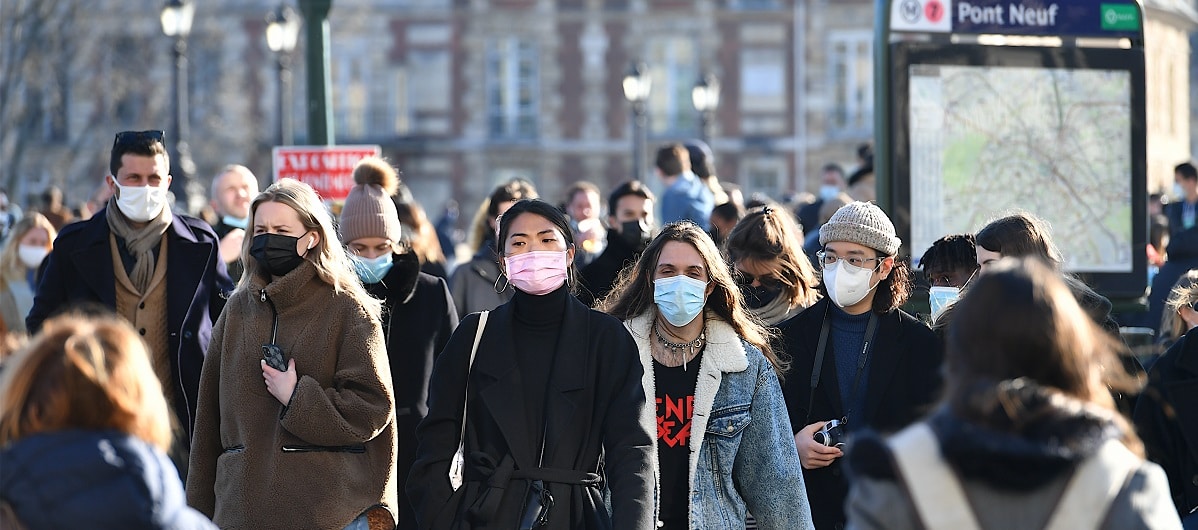
Protecting own reputation and making money seen as motivating governments’ and scientists’ Covid responses to different degrees
When it comes to Covid-19, a majority of people think their government is motivated by building or protecting its own reputation (70%) and making lots of money (60%) in relation to the pandemic, according to an international study of six countries in Europe.
The research was carried out by the Policy Institute at King’s College London as part of the EU-funded project PERITIA, which investigates public trust in expertise. The survey asked over 12,000 people across six European countries (Germany, Ireland, Italy, Norway, UK and Poland).
In the UK and Ireland, 74% think that the government is motivated by building or protecting its own reputation. In contrast, this figure is 65% in Germany and 67% in Norway, where there is a slightly more positive view of their government’s motivations.
The belief that the government is motivated by making lots of money is also shared across the countries but with different degrees. 58% in Ireland believe its government is motivated by making money while in Poland 71% of respondents think this.
These perceptions also extend, albeit to a lesser extent, to scientists involved in tackling coronavirus, with 65% of the public thinking they are driven by protecting their reputation and 42% believing they are motivated by making lots of money.
The study finds that, across a range of questions, scientists tackling Covid fare much better than the government in terms of how their motivations are perceived by the public. Across the six countries, when it comes to the pandemic:
- 69% say scientists are motivated by concern for those most likely to be harmed by Covid or actions taken to address it, compared with 57% who say the same about the government.
- 70% think scientists are motivated by improving the lives of future generations – higher than the 53% who think this is true of the government.
- 71% believe scientists are motivated by the thought the public are counting on them, versus 59% who feel this way about the government.
The six countries included in the study – the UK, Ireland, Italy, Germany, Norway and Poland – were selected to reflect a range of different contexts across factors such as location within Europe, population size, GDP levels, political structure and levels of trust in institutions, as measured in other studies.
Scientists are also seen as more competent than governments on Covid
When it comes to dealing with the coronavirus pandemic, people across all countries consistently rank the government most negatively, followed by the European Commission in the middle, and then scientists most positively, on all measures, including being competent, knowledgeable and honest.
People also tend to describe national governments in more negative terms than they do scientists.
For instance, in terms of the government’s competence in dealing with the pandemic, from the six-country average, 45% giving a negative rating. Poland comes out worst on this measure, with 66% rating their government’s competence negatively, while Norway comes out best, with a far lower proportion – 29% – giving a negative rating.
By contrast, scientists’ performance on the pandemic is judged far more favourable, 53% of people on average rank scientists between 7 and 10 out of 10 for their competence in dealing with the coronavirus pandemic.
The findings from this research were produced as part of PERITIA, an EU-funded project that aims to help citizens and policymakers understand trust in science and identify trustworthy expertise.
Read the full report, PERITIA: Public attitudes towards institutions involved in tackling the COVID-19 pandemic.


